Bauke Mollema: A call for action in rider safety ahead of the Tour de France
The UCI, race organisers, teams and riders need to take more responsibility
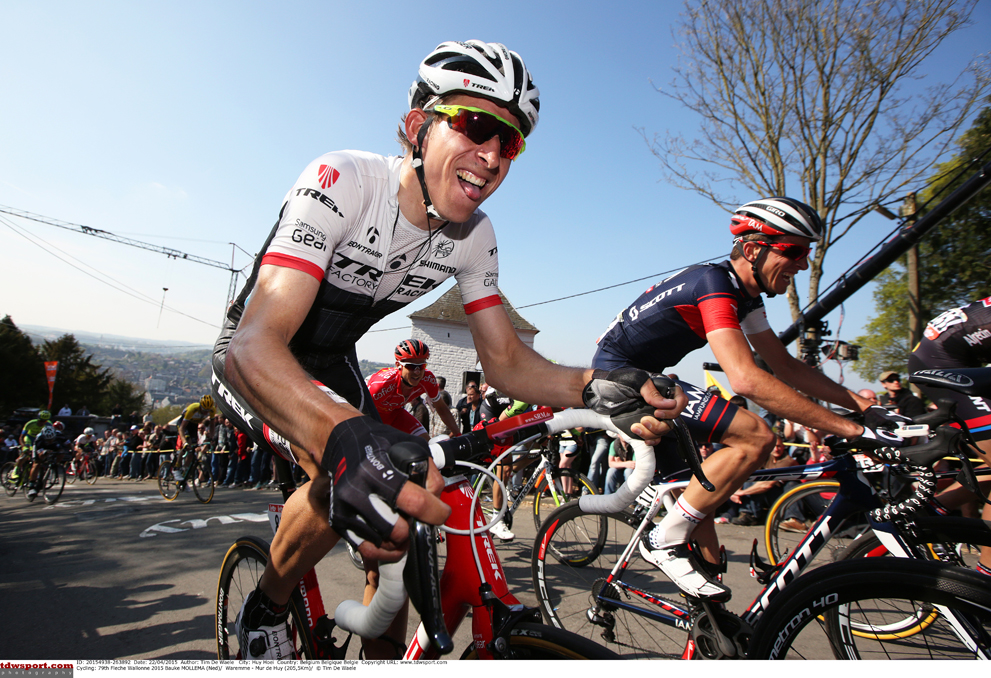
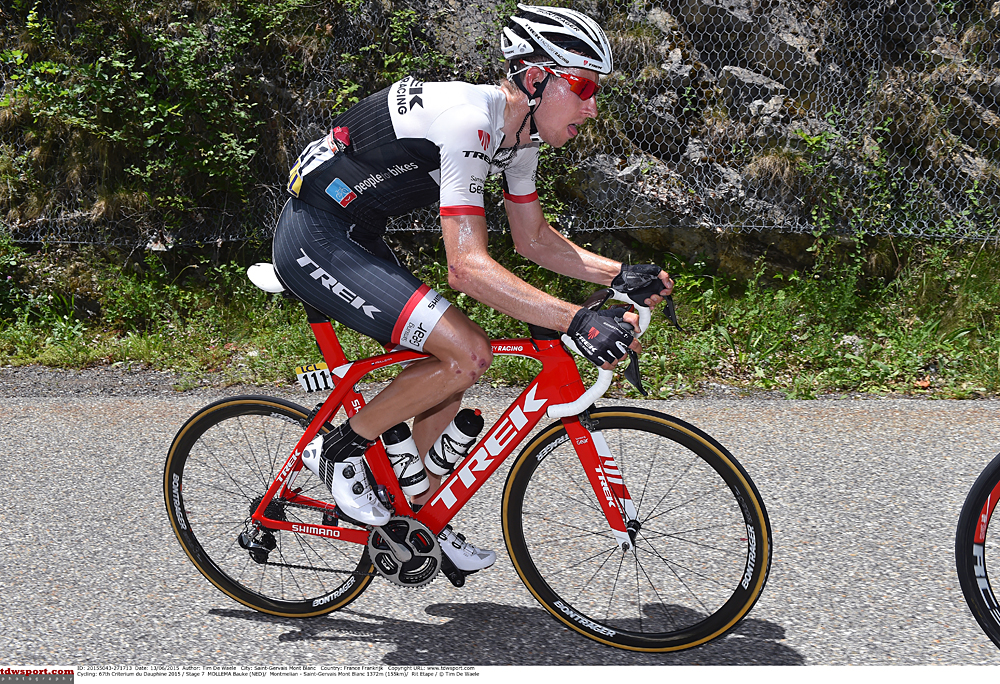
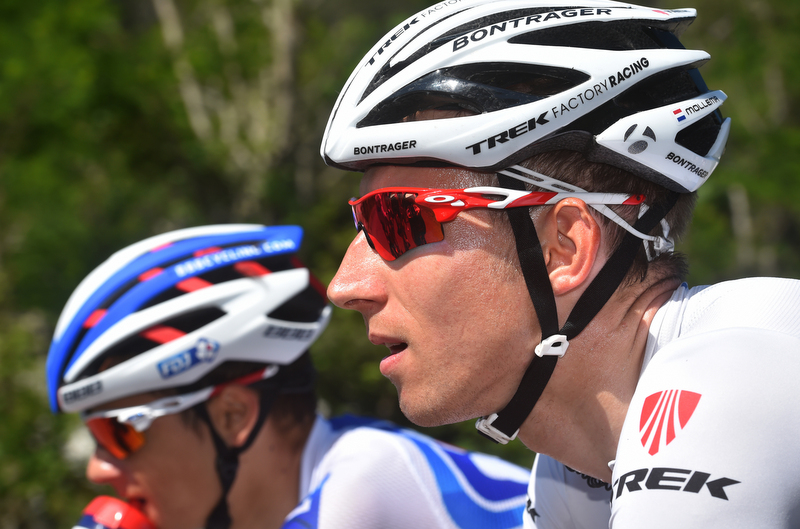
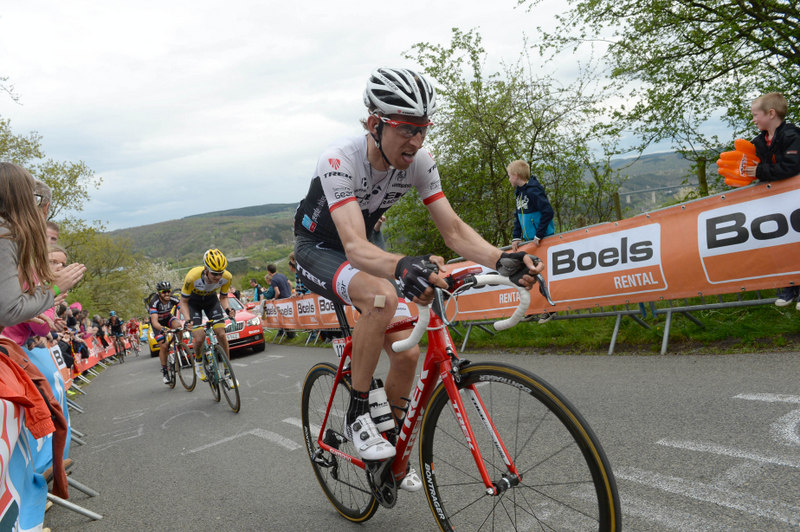
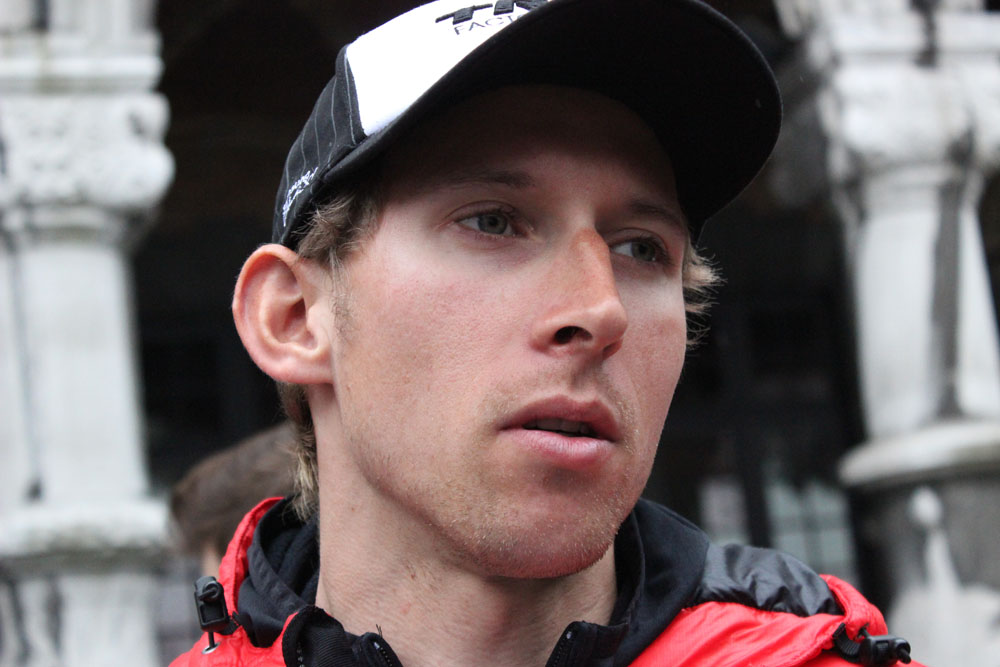
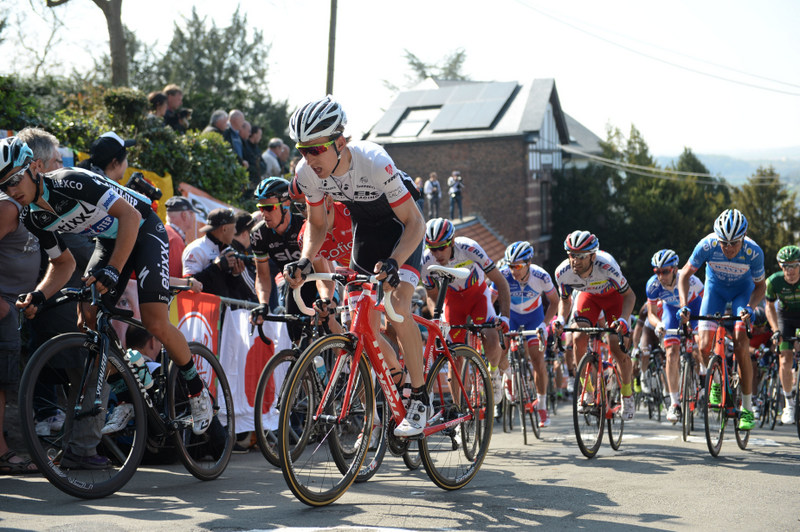
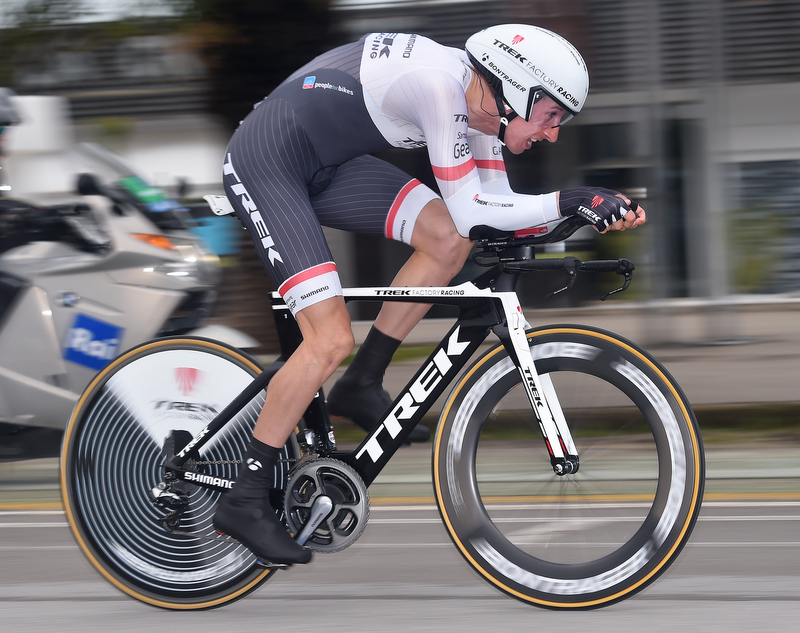
My last two blogs were about my race goals during the spring but for this post I’d like to take some time to talk about an important issue in cycling - rider safety. Especially because we head into the Tour de France this week, and if we consider the number of crashes that happened during the first 10 days of last year’s Tour, it is clear that it has become more and more dangerous and stressful.
It’s not that I’m afraid of crashing. I’ve had a few big ones over the years, and sometimes you can’t avoid them because they are (to a degree) a part of cycling, but I think if we look at the first week of last year’s Tour, it was just too much.
This year there will probably be a lot of crashes in the first week again, and it’s quite strange that nothing will have changed in that respect. The UCI, race organisations, teams and riders are not really doing anything (or enough) to reduce the number of crashes. It’s like we say to ourselves, ‘oh yeah, there was another crash,’ and then we just continue on until the next big crash happens.
As I said, crashes are a part of cycling, but not the really big ones that we saw last year at the Classics and especially at the Grand Tours, which involved 20 or 30 riders everyday.
Something really needs to change.
I think the reason for many of these bigger crashes is because there’s more and more stress in the peloton. Riders are fighting more for a top-10 position than they were in the past. If you look back 10 or 15 years ago, there was a bigger difference in strength between the leaders of the peloton and the rest of the guys. The level has gone up and everyone is closer together, and it means that everyone is fighting for their positions. Everybody thinks that they can finish in the top 10 either in the GC, in a stage or in the final sprint. Every team has goals for a stage and so all of the riders and all of the teams want to be at the front of a race — and of course, that’s not possible.
Sometimes crashes happen because the parcours is too dangerous, for example, at the Tour of the Basque Country there was a big crash at the end of stage 1 where around seven riders were hurt, including Peter Stetina, who was really badly injured after hitting one of a series of poles that were sticking up from the roadside.
In that case, I think organisations should really look carefully at the parcours, especially the last 25km. There should be a commissaire or a person from the UCI inspecting the parcours to make sure there are no potentially dangerous things on the road or too many corners in the finales. The entire parcours are important but the last 25km are where it can be the most stressful. I didn’t see the Tour de Suisse myself but I read some reports about some really dangerous finishes — and this is Switzerland, which has the best and most beautiful roads of Europe.
But I think that most of the crashes happen because everyone wants to be in the front and because teams stay closer together in the field with six, seven or eight riders, and when teams try to pass other teams, sometimes riders are taking too many risks to stay on the wheel of their teammates.
I remember some crashes at the Flèche Wallonne this year… 100km to go and I got a big body check from another rider because he wanted to stay on his teammate’s wheel. The mentality is not like it should be. A lot of riders think that it’s almost the end of the world if they lose their teammate’s wheel. I can understand if the race is approaching the sprint or in the last few kilometres, that’s normal, but when it’s 150km to go? Sometimes it’s the riders who are making mistakes.
In my opinion, the peloton is too big. I think it would be better to race with smaller teams and less teams, especially at the Grand Tours, but also the other big races. For example, the Amstel Gold Race, with its small roads, hosts 200 riders. Why? For me, it would be better if each team started with six or seven riders at the WorldTour races and with a maximum of eight for the Grand Tours. It would be a lot better because it would force teams to be more careful with their riders if they only started with seven rather than with nine.
As for the racing itself, having smaller teams would make races more interesting to watch, tactically. There are some races that we do with only six riders and I think it makes the racing more interesting. A race like the European Games in Baku, which had really small teams of four or five riders (a maximum of six), and a smaller peloton, made the race more open.
Also, I think riding without the radios would help with rider safety.
Some people say that radios are good for safety but there are only a couple of ways that they are useful; when you have a flat tire your team director can be there to help you quickly or in a situation where an ambulance might be passing from the opposite direction, and in that case, it’s good to have the radios to inform the riders a few minutes beforehand.
But for the rest? I’ve spoken with other riders about this… team directors can create a lot of undue stress for the riders just by telling them through the radios to stay close together, to be at the front during certain moments in the race, whether it’s for the start of a climb or if a cobbled section is coming up. Whenever you have someone talking in your ear telling you to go to the front and be close together with your teammates it causes even more stress for the riders, who have to do what their team directors are telling them, and it causes more stress among the peloton.
I think it’s better to give more responsibility to the riders. Let the riders make their own choices as to where they need to be in the peloton. Let them review the parcours before the races so that they know when the climbs are coming, instead of the team directors feeding them all of this information through a radio during the races.
We can look to the smaller races as an example [in-race communications is only permitted on the WorldTour, according UCI code 2.2.024 - ed.], have these races been more dangerous than the WorldTour races? I don’t think so. The level is higher at the WorldTour and these races are more important, so maybe it’s normal that there are more (and bigger) crashes than there are in smaller races.
Without radios riders need to pay closer attention to what’s happening during races, and they rely more on officials for the time differences, and yes, this can be a problem. Sometimes while riding in the peloton, you don’t know the time differences, there might be miscommunication or the time gaps are not being relayed to the riders properly. This is a problem that needs to be solved. But I really think that having no radios could make the races safer.
And why not take the times for GC at three kilometres to go? Or change the three-kilometre rule, as it is now, to five or 10 kilometres? There are definitely more things that could be done to help improve safety for the riders. This year already there have been so many riders with broken collarbones and other broken bones, so this is serious, we are talking about the health of the riders.
I hope that the UCI, organisations and teams are talking about the safety of riders, because when I read the press, they are always talking about the globalisation of cycling and the race calendar. I think rider safety is something that should be included in those discussions because if you look through the previous years, not much has changed in that respect.
We lost a lot of GC riders early during the Tour de France last year because of these big crashes, and I don’t think that the riders, teams and race organisers want to lose their big names. I think it’s strange that nothing is happening within the UCI and within the teams to change the situation. It’s almost like everyone is going to the Tour accepting that there will be big crashes — and that’s not good.
Bauke
The latest race content, interviews, features, reviews and expert buying guides, direct to your inbox!